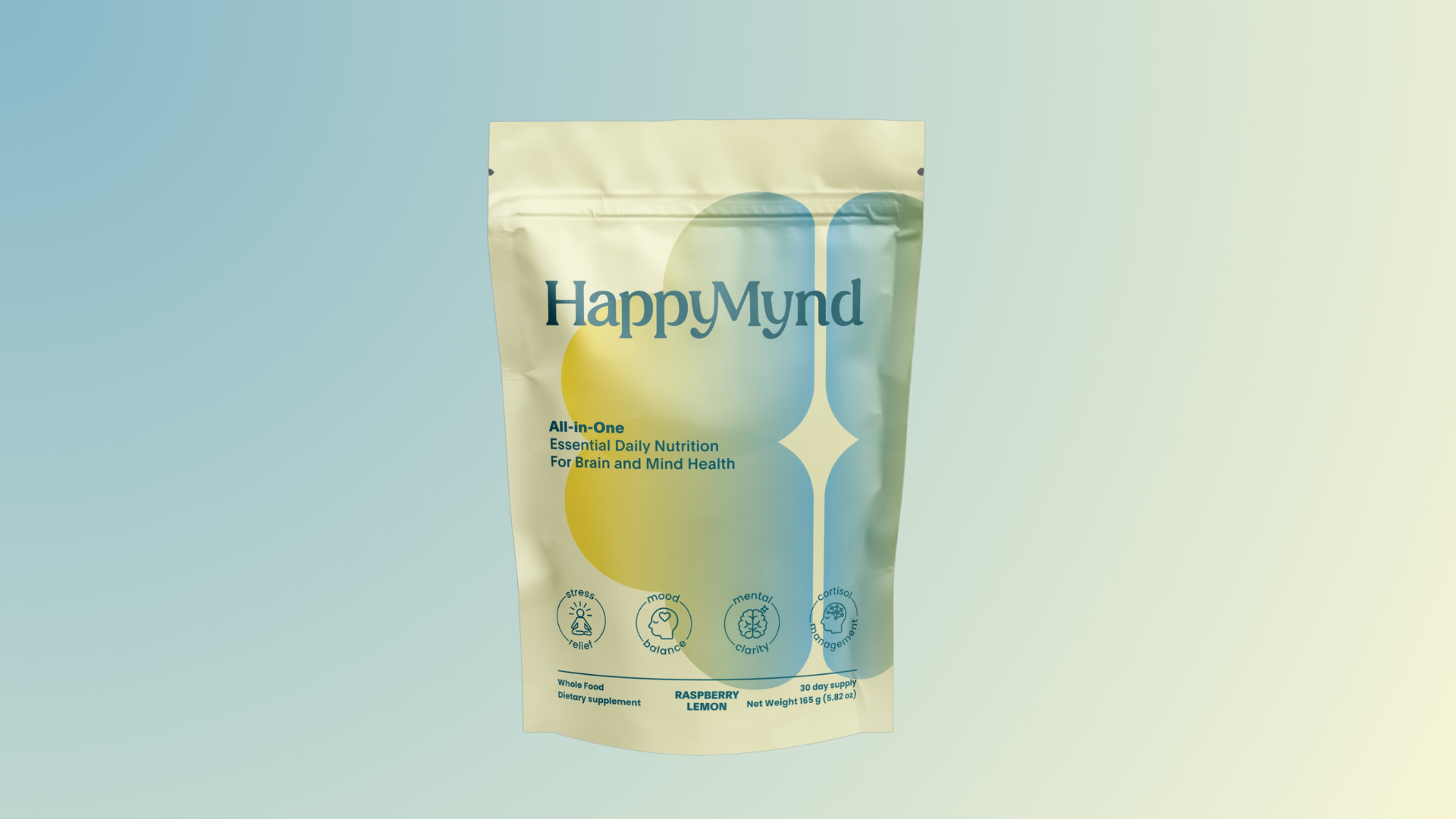How a Morning Ritual Can Change Your Life?

"Win the morning, win the day." - Tim Ferriss
This famous mantra encapsulates the power of a well-crafted morning routine. The way you start each day can set the tone for your mental and physical well-being. In today’s fast-paced world, establishing a morning ritual is more relevant than ever. A structured morning routine can reduce stress, elevate your mood, and boost productivity. This isn’t a distant dream; it’s an achievable reality supported by science.

The Science-Backed Benefits of a Morning Routine
Modern research in psychology, neuroscience, and physiology shows that consistent morning habits can profoundly improve mental and physical health.
-
Improved Mental Health and Mood: People with structured daytime routines tend to have better mental health. A study in Lancet Psychiatry noted that individuals with active daytime routines have healthier sleep cycles and fewer emotional difficulties. Disrupted patterns were linked to a higher risk of depression and other issues. Starting the day with positive actions can set an emotional tone, as early morning emotions often carry over and influence feelings throughout the day.
-
Reduced Stress and Anxiety: A solid routine can prevent the chaos that leads to morning stress. Health experts note that an effective daily routine helps manage stress, leading to better mental health and less anxiety. Having a plan means you’re not scrambling or reacting to crises first thing. Research shows that beginning the day with intentional, calming activities can lower cortisol and anxiety levels for hours afterward. A morning ritual can make you feel more grounded and in control.
-
Enhanced Energy and Productivity: A fixed routine lets you conserve mental energy for important tasks by avoiding "decision fatigue". A consistent morning ritual removes extra choices, which saves energy. The National Alliance on Mental Illness notes that a morning routine can increase your energy and positivity. Jumping straight into emails or news upon waking is “cognitively expensive” and puts you in a reactive mindset. Spending the start of the day on proactive, goal-oriented tasks leads to greater productivity and focus. One author found that when he started a daily morning routine, he doubled his work productivity within two months.
-
Physical Health and Fitness: Morning rituals often involve healthy behaviors that accumulate benefits over time. Morning exercise, in particular, can improve muscular strength, endurance, and regulate blood sugar. It also boosts levels of neurotransmitters like serotonin and norepinephrine, which enhance the body’s ability to handle stress. Aligning your schedule to natural light can sync your circadian rhythm and lead to better sleep at night.
Key Elements of an Energizing Morning Ritual
The most effective rituals share common practices that nurture both mind and body.
|
Element |
The Science Behind It |
Practical Tip |
|
☀️ Sunlight & Fresh Air |
Morning sunlight "sets your biological clock" by triggering the release of cortisol and melatonin. This powerful signal to your brain's internal clock helps regulate alertness and sleep cycles. Neuroscientist Dr. Andrew Huberman explains that walking outdoors also provides "optic flow," where the motion of scenery quiets stress-response circuits in the brain. |
Make it a habit to step outside for 5–10 minutes shortly after waking. Even on cloudy days, this helps. Combine this with a light walk to get bonus stress relief and anchor your body clock. |
|
💧 Hydration |
Your body can lose up to a liter of water overnight through breathing and perspiration. Even mild dehydration can impair cognitive performance, attention, and memory. A 2016 study found these effects were reversed once participants rehydrated. |
Place a glass of water by your bedside so it’s the first thing you see. Aim to drink around 8–16 ounces (250–500 mL) upon waking. This rehydrates your cells, gets your digestive system moving, and helps you feel more focused. |
|
🧘♀️ Breathwork or Meditation |
Deep breathing activates the parasympathetic (“rest and digest”) nervous system, which counteracts the stress response. A 2023 Stanford study showed that just five minutes a day of "cyclic sighing" can significantly reduce anxiety and improve mood, even more so than mindfulness meditation. |
Try a brief breathing exercise right after you wake. For example, practice the "double inhale sigh": inhale through your nose, take another quick sip of air, then exhale slowly through your mouth. Repeat for 5 minutes. This technique has been shown to rapidly induce calm. |
|
🤸♂️ Stretching & Movement |
Stretching increases blood flow and circulation, delivering oxygen and nutrients to your muscles, which can wake you up. The act of stretching also triggers the release of endorphins, which can improve your mood and reduce stress. Morning exercise elevates your heart rate, metabolism, and releases neurotransmitters that enhance mood and focus. |
Incorporate 5–10 minutes of stretching right after waking. Moves like a forward bend, spinal twists, or yoga sun salutations can be done next to your bed. This will loosen stiff muscles and reduce that sluggish feeling upon waking. |
|
🥶 Cold Exposure |
Cold exposure triggers a surge of norepinephrine (a 530% increase) and dopamine (a 250% increase), which boosts alertness, focus, and mood. Unlike other stimulants, the mood-lifting effect is prolonged. Over time, regular cold exposure can lower baseline cortisol levels and make you more resilient to stress. |
You don’t have to take a full plunge. Try ending your warm shower with 30 seconds of cold water. This practice, sometimes called a “Scottish shower,” can improve circulation and give a bracing wake-up call to your system. |
|
✍️ Mindfulness & Mindset |
Taking a few minutes to journal can be therapeutic. A daily gratitude practice can improve mental health by shifting attention to the positive. Planning your top 2–3 priorities gives you a sense of purpose and direction. Reading something inspirational is like a warm-up for your brain's creativity and empathy. |
Choose one practice to add to your mornings. It could be scribbling three things you’re grateful for, or reading for 10 minutes from a book that inspires you. Pair this mental exercise with your morning coffee or breakfast. |
|
🥑 Healthy Breakfast |
Research shows that people who eat breakfast tend to have more energy and better cognitive function in the morning. A nutritious breakfast can stabilize your blood sugar and prevent mid-morning crashes. Rushing out the door on an empty stomach can leave you feeling frazzled. |
Plan a breakfast that you’ll look forward to. If mornings are hectic, prep something the night before, like overnight oats. Even a piece of fruit with a handful of almonds and a big glass of water can do the trick. |
Real-Life Inspiration: How Morning Rituals Change Lives
-
Case Study – Managing Depression: Artist Bryce Evans, who lives with high-functioning depression, found that a balanced morning routine was crucial for managing his mood. His routine included getting up at a regular time, drinking water, and doing 5-10 minutes of yoga. These small, consistent actions gave him a sense of accomplishment and made him more resilient against depressive lows.
-
Example – The “Miracle Morning”: Author Hal Elrod credits his 6-step morning routine (Silence, Affirmations, Visualization, Exercise, Reading, Scribing - S.A.V.E.R.S.) with helping him overcome bankruptcy and a rare cancer. After just two months of this routine, Hal doubled his income and got his life back on track. He says his routine helped him beat a 20-30% cancer survival prognosis.
-
Historical Insight – Early Risers: Many great figures had intentional morning habits.
-
Marcus Aurelius used a mental ritual to motivate himself out of bed, reminding himself, "I am rising to do the work of a human being".
-
Benjamin Franklin rose at 5:00 a.m. to plan his day, asking, "What good shall I do this day?" and took invigorating "air baths" in the cold morning air.
-
Georgia O’Keeffe cherished her morning nature walks at dawn, which inspired her art and grounded her mind.
Designing Your Own Morning Routine: A Practical Guide
-
Start with "Why": Clarify your motivation. Is it to feel calmer, improve fitness, or work on a project?. Write down your top 1–2 goals.
-
Pick a Few Key Habits: Start small and don't overload yourself. Select 2–4 core activities you can realistically do. "Try one thing at a time," advises a psychiatric nurse practitioner.
-
Schedule It and Be Consistent: Consistency is where the magic happens. Try to wake up around the same time each day. Treat this routine as a non-negotiable appointment with yourself.
-
Adapt and Optimize: Try your routine for a week and then evaluate. Adjust timing or activities as needed. The routine should serve you, not the other way around. Don’t beat yourself up if you miss a day; just restart the next morning.
-
Infuse Motivation and Enjoyment: The routine shouldn't feel like drudgery. Stack a "treat" onto your routine, like enjoying your favorite coffee after you finish exercising. Celebrate your small wins to build habit strength.
Conclusion: Rise and Shine to a Better You
A well-crafted morning ritual truly can change your life. By investing in yourself each morning, you build a powerful foundation for a brighter emotional outlook and peak mental performance. Perhaps the greatest gift of a routine is that it puts you in the driver’s seat of your day, allowing you to be proactive and build lasting resilience to stress.
Every morning is a new opportunity to align your actions with the person you want to be. As you lay this groundwork through your daily habits, you can support your mind even further with the right fuel.
Choosing science-backed tools and clinically-studied ingredients, like the adaptogens and nootropics found in HappyMynd, can help sharpen your focus and support a balanced mood, ensuring you feel calm, clear, and ready for the day.
By consistently choosing these positive actions for your mind and body, you send yourself a powerful message: my well-being matters. And that message, echoed day after day, will transform not just your mornings, but your life.
Sources and Citations
-
Willows Healthcare: The Importance of a Morning Routine for Productivity and Health
-
Psychology Today: The Power of Routines in Your Mental Health
-
PMC (PubMed Central): Using Wake-Up Tasks for Morning Behavior Change
-
Northwestern Medicine: Health Benefits of Having a Routine
-
Stanford Medicine: Jumping into the Ice Bath Trend! Mental Health Benefits of Cold Water Immersion
-
NAMI (National Alliance on Mental Illness): The Power of a Morning Routine
-
Franchise Sidekick: How a morning routine turned into millions
-
Probiotics.com: The Benefits of a Good Morning Routine
-
Stanford Medicine News: Setting your biological clock, reducing stress while sheltering in place
-
National Geographic: What’s the best morning routine? History may have the answer.



